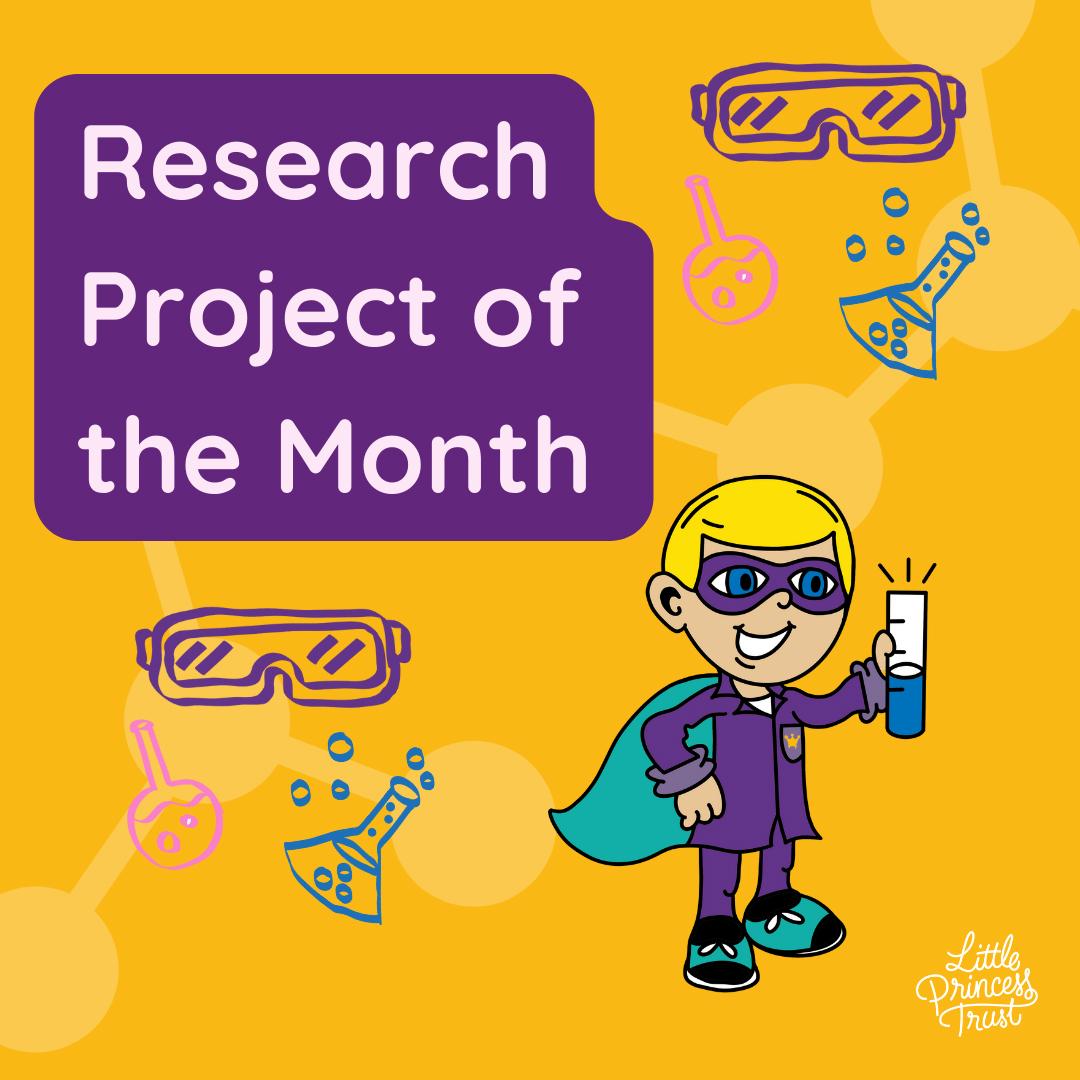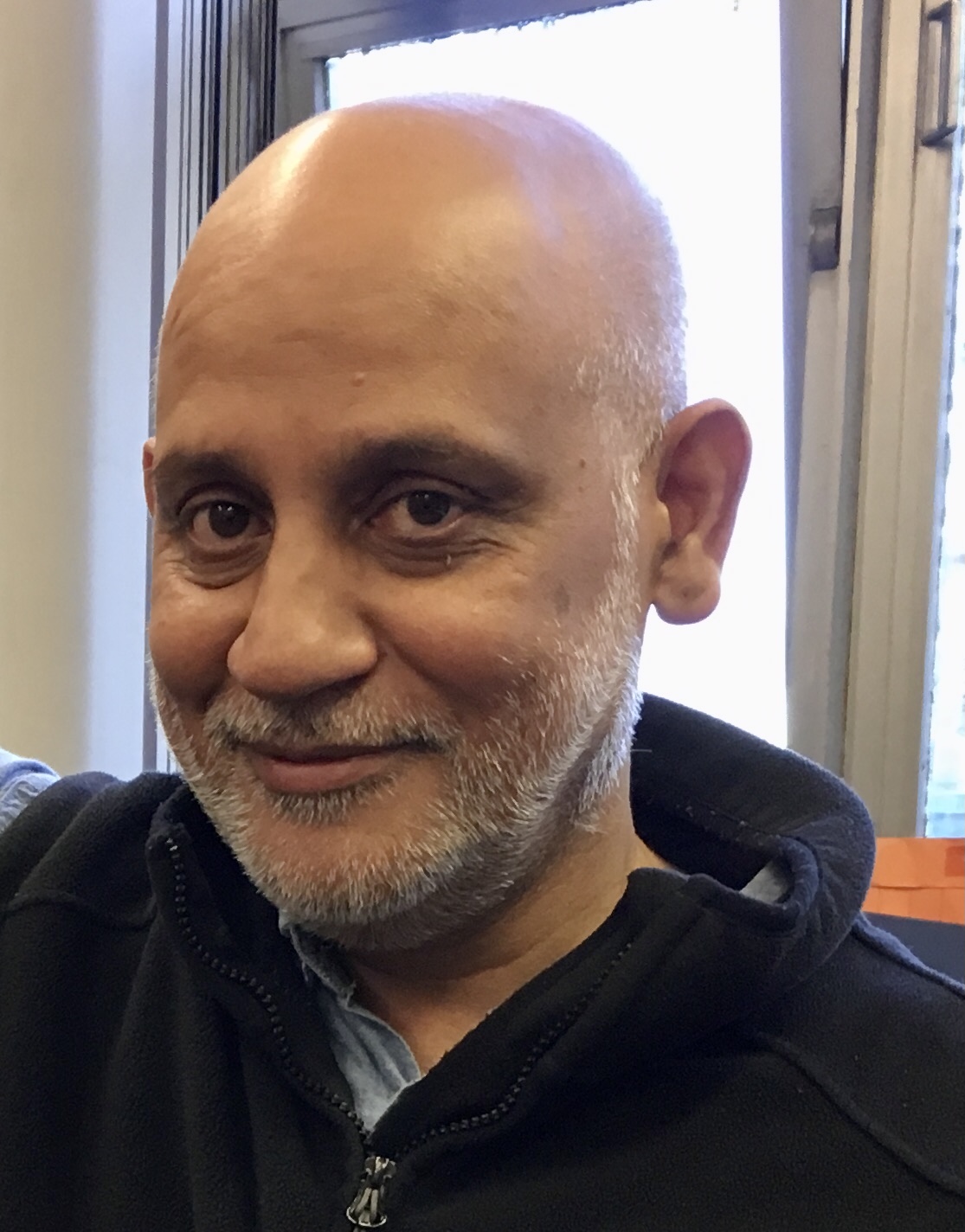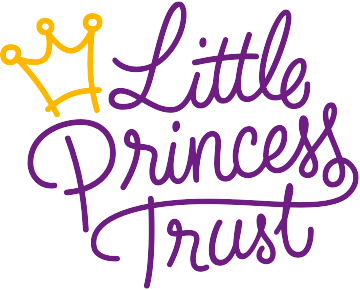Little Princess Trust News
An exciting new discovery about MYCN

Find could lead to new targeted treatments
Proteins do everything in your body, from making your eyes blue and defending you from diseases to helping cells grow. Therefore, they are also really important in the fight against childhood cancer.
But proteins don’t just exist in your cells - they have to be made. That’s where genes come in.
Genes are the recipe book and instructions on how to build each protein so that it works properly. It’s quite a complicated process, involving lots of other proteins and molecules that help build new proteins.
Sometimes, things go wrong in this process – such as too much of a protein being made, or a protein being built wrong and not behaving properly.
A gene called MYCN is a particular issue in childhood cancer. Some cancers, such as Wilms tumour and neuroblastoma, have far too much MYCN, which helps them grow and spread around the body. This makes them more difficult to treat.
Professor Karim Malik is currently finishing his Little Princess Trust New Ideas project into how this extra MYCN behaves in hard-to-treat cancers.
We already know that MYCN can control which genes are active, promoting the production of proteins that will help the cancer survive. However, Karim believes that MYCN could also be affecting one of the molecules that build proteins.
These molecules, called tRNA, have a unique shape that is essential to do their jobs properly. They are shaped by special proteins called enzymes. Karim found that MYCN was making too many of these enzymes, which affected which proteins cancer cells made.

He was able to identify an altered tRNA that can result in the conditions inside the cancer cell being altered. This could be helping the cancer cells survive and spread.
With further research, this finding has the potential to form the basis of a new targeted treatment for MYCN-driven cancers.
As a New Ideas project, Karim's work is in its early stages. The New Ideas scheme was set up to advance innovative ideas like Karim’s, developing the data needed to apply for further funding.
This project is a great example of what bright new ideas can achieve, providing evidence of MYCN’s effect on tRNAs for the first time. These insights could transform how we treat some of the hardest-to-cure childhood cancers.
Find out more about this project here.



